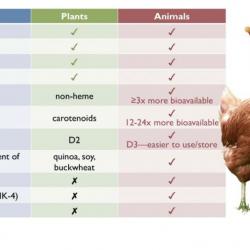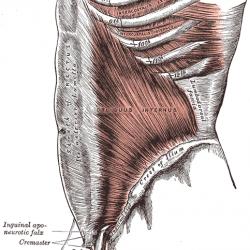6 Developments in Alzheimer’s Research and Technology
Alzheimer’s disease is a devastating neurological disease. There is currently no known cure for Alzheimer’s. The disease involves aggregation of amyloid-beta proteins that result in protein clumps and tangles. The protein aggregation negatively affects and eventually causes nerve cells’ death, leading to the degeneration of thought processes, memory, and language skills necessary for normal daily life.
Alzheimer’s disease is widespread—in fact, more than one in every three seniors in the United States dies with Alzheimer’s or another form of dementia, making it the sixth-leading cause of death in the country. As a result, the need for medicinal drugs, therapies, and other approaches to treating the disease is greater than ever. Many promising advances in Alzheimer’s research and technology are currently in process, including new disease prevention and diagnosis developments.
Top Developments in Alzheimer’s Research
Within the past two years alone, multiple discoveries have advanced the field of Alzheimer’s research, including:
- Possible vaccines. Currently, many researchers worldwide are studying potential routes to an Alzheimer’s vaccine. In general, vaccines prompt the body to develop an immune response to a disease, allowing it to fight the disease once it affects the body. A potential Alzheimer’s vaccine developed by researchers at Bar-Ilan University in Israel aims to incite the body to attack beta-amyloid plaques, eliminating or reducing the signature protein clumps’ effects.
- MRIs for early detection. The same Bar-Ilan lab is also investigating new ways to detect those susceptible to protein aggregation in the brain. More accurate MRI imaging of the brain may be able to identify initial signs of aggregation. With early warning, preventive and therapeutic measures may be more effective in reducing the effects of Alzheimer’s.
- Proteins that inhibit disease development. Researchers at multiple labs are pursuing ways to utilize specific proteins that inhibit Alzheimer’s disease development. Neural growth protein releases can help rescue nerve cells from protein aggregates, but don’t easily cross the blood-brain barrier. The development of tiny silicon chips to deliver the protein could mean advancements in preventing Alzheimer’s.
- Drugs that protect the blood-brain barrier. Two drugs approved by the FDA to protect the blood-brain barrier and prevent toxic elements from entering the brain could combine to prevent Alzheimer’s development. When administered together, Losartan and Memantine could strengthen the blood-brain barrier until it halts Alzheimer’s progression. The study remains ongoing.
- RetiSpec scans for detection. Currently, the accepted method for detecting Alzheimer’s disease involves either a PET scan or a spinal tap—both invasive, expensive procedures. A new technique known as RetiSpec involves scanning a patient’s retina for the same types of amyloid-beta protein clumps that develop in the brain. This cheaper, less invasive method could help identify patients developing Alzheimer’s up to 15 years before the brain’s first protein clump appears.
- Specially designed chatbots. Clara, a unique chatbot developed to interact with neurological patients, may be able to detect signs of Alzheimer’s well before memory issues present themselves. Recent research has revealed that brain orientation is affected long before memory and detecting changes in orientation can reveal Alzheimer’s symptoms. The chatbot is 95% accurate at detecting Alzheimer’s in patients.
Hope for the Future
As technologies and research techniques continue to improve and reveal new, innovative ways to detect and prevent Alzheimer’s disease, researchers remain hopeful that advances in Alzheimer’s treatment are sure to follow. With early identification, therapies to improve the lives of Alzheimer’s patients are more effective than ever before. An eventual treatment or even a cure for this deadly disease is on the horizon.
Sources:
https://www.israel21c.org/10-promising-ways-to-prevent-diagnose-and-treat-alzheimers/
http://okunlab.wix.com/okunlab
https://onlinelibrary.wiley.com/doi/full/10.1002/smll.201904203
More to Read:
Previous Posts:







